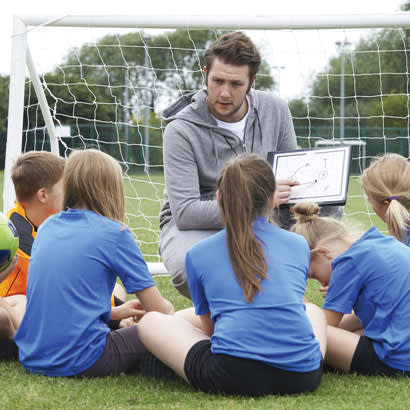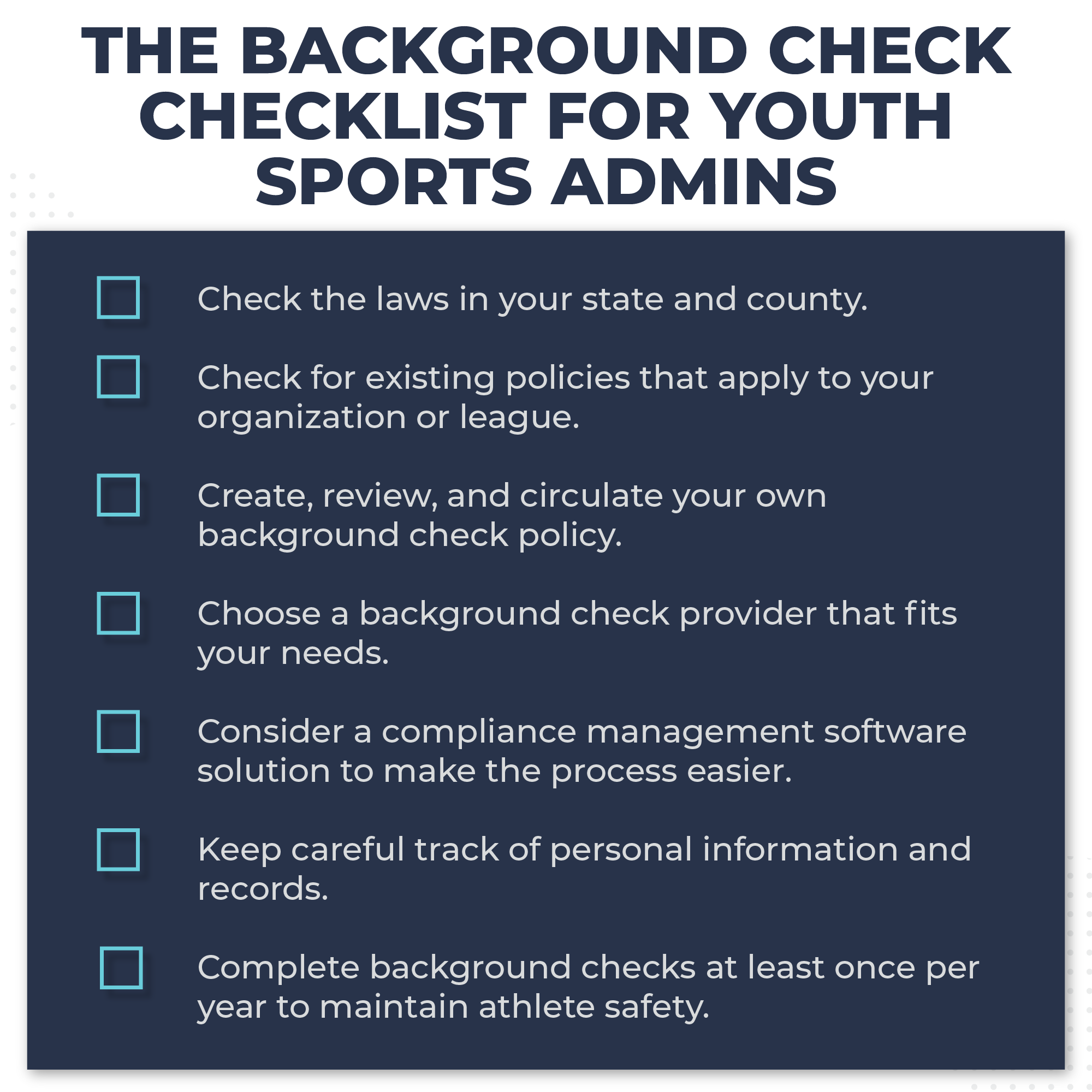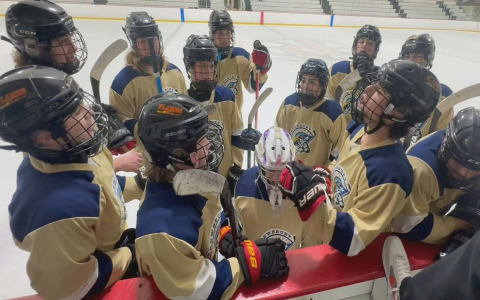Alright, so a while back, I found myself wondering about this whole coaching youth sports thing, specifically if a felony on your record throws a wrench in the works. It wasn’t just an idle thought; I was actually looking into it, and let me tell you, it was a bit of a journey.
My First Steps into the Unknown
My kid, let’s call him Junior, was getting into Little League, and like a lot of parents, I thought, “Hey, I could help out, maybe even coach.” I played a bit back in the day, nothing serious, but enough to know the basics. So, I started looking at the volunteer forms. That’s where the big question usually pops up: “Have you ever been convicted of a felony?”

Now, for some folks, that’s a non-issue. For others, like someone I know, or even hypothetically for myself for the sake of this story, it’s a big, bold stop sign. My initial reaction was, “Well, that’s probably the end of that dream.” But then I thought, “Hang on, is it always a flat ‘no’?” I’m the type who likes to dig a bit, you know?
Digging for Answers – The Annoying Part
So, I started by just asking around, very discreetly, of course. I didn’t want to wave any red flags. I also looked at a few different local sports organizations. Not by just browsing their shiny websites, but by trying to get hold of their actual volunteer guidelines, the nitty-gritty stuff.
What I found was, well, it’s complicated. There’s no one-size-fits-all answer. It really seemed to depend on a bunch of things:
- The type of felony: This was a big one. Understandably, anything involving kids, violence, or certain types of offenses were pretty much an automatic no-go everywhere. And that makes sense, right? Safety first for the kids.
- How long ago it happened: Some places were a bit more lenient if the offense was way in the past, say 10, 15, or even 20 years ago, especially if your record had been clean since.
- The specific league or organization: This was surprising. National organizations often have strict rules, but local chapters or independent leagues sometimes have a bit more leeway or a review process. Some are super strict, no exceptions. Others, they might actually talk to you.
- State laws: Some states have laws that dictate who can and can’t work or volunteer with children, and these often include specific disqualifying offenses. So, the league’s hands might be tied by state regulations.
The Background Check Hurdle
Pretty much every single youth sports organization I looked into, big or small, required a background check. That’s standard procedure these days, and honestly, it should be. So, if you’re thinking of trying, just know that’s coming. They’ll run your name, and things will pop up.
I remember going through the process with one local group. I decided to be upfront. Filled out the form, checked the box, and provided a written explanation, as they requested. It felt weird, laying out a past mistake, but honesty seemed like the only way to go. If they were going to find out anyway, better it came from me with context.
What Happened Next?
So, I submitted my application to this one particular league that seemed to have a more nuanced approach, at least on paper. They didn’t just have a blanket “no felonies” rule. Their policy mentioned a review committee for certain situations.
After the background check went through, I actually got a call. They wanted to meet. It wasn’t an interrogation, more like a conversation. A couple of board members sat down with me. They asked about the offense, what happened, what I’d done since. They wanted to understand the person, not just the piece of paper. It was nerve-wracking, no doubt.

In this specific instance, because the felony was non-violent, not related to children, and had happened a very long time ago, and because I had a clean record since and was open about it, they actually approved me. But, and this is a big ‘but’, it came with conditions. I could be an assistant coach, but not a head coach. And there always had to be another approved adult present. Which, honestly, felt fair.
So, Can You Coach? My Takeaway
Based on what I went through and found out, the answer to “can you coach youth sports with a felony?” is a big, fat “it depends.”
It’s not impossible in every single case, but it’s definitely an uphill battle. Many doors will be closed, and that’s just the reality. Organizations are, and should be, protective of the kids.
If you’re considering it, my advice, from my experience, is to:
- Be realistic: The odds might be against you, depending on your specific situation.
- Do your homework: Research the specific league’s policies. Some are more open to review than others.
- Be honest: Don’t try to hide it. They will find out with the background check, and that’ll sink you for sure.
- Be patient: If there’s a review process, it can take time.
- Be prepared for a “no”: You’ll likely hear it more often than a “yes.”
It’s a tough road. For me, in that one instance, it worked out with limitations. But I also saw plenty of policies where it would have been an immediate disqualification. Every situation is different, every league is different. Just wanted to share what I learned going through it.















